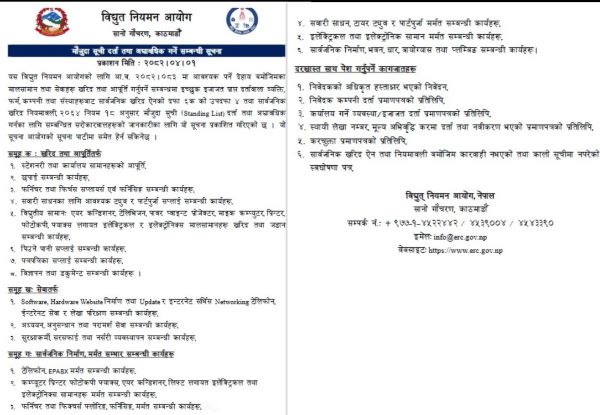SCO: Platform to strengthen solidarity and cooperation (Book Review)

The Shanghai Cooperation Organization (SCO) Summit 2025 is being held in Tianjin, China to review the past achievements and chart its future course. We all are aware that the SCO has become a model of new international relations and regional cooperation, and a constructive force of global significance. It has set a goal of building a closer SCO community with a shared future.
Just a few days ago, I got my hands on the book- fourth volume of "Xi Jinping: The Governance of China" and had an opportunity to understand better about the SCO and the need to strengthen solidarity and cooperation in the world.
I found the chapter “Build a Stronger Shanghai Cooperation Organization” very meaningful as it highlights the need to “boost mutually beneficial cooperation, remove barriers that impede trade, investment and technological exchanges, and promote inclusive development that delivers benefits to all.”
Over the years, the SCO has expanded from a regional organization with six members into a trans-regional organization with 10 full members, two observer countries, and 14 dialogue partners. It’s a proud moment as Nepal has also participated in the summit this time as a dialogue partner.
Over the years, SCO has deepened solidarity and mutual trust, strengthened security cooperation, advanced integrated development to the benefit of all parties. As President Xi has mentioned in the book “To keep the SCO on a steady course of development, we should make the most of the meeting mechanisms and platforms at various levels, and step up policy dialogue, consultation and coordination” . There is no alternative to dialogue and consultation in the ever changing world.
As the world order has been gradually shifting, and Asia is in the spotlight, there is a need to maintain firm confidence in the systems, reject condescending lectures, and firmly support countries in exploring the development paths and governance models that are compatible with their national conditions.
I am impressed by the way Xi reiterates that “we should respect each other's legitimate concerns, and promptly resolve issues that may arise and affect our cooperation.” In the current context, it is obvious that there will be disputes, misunderstandings and concerns among the countries, however, the countries should support each other in steadily advancing important agendas, and not allow any external interference in the domestic affairs of countries in the region. Confrontation and division should be discouraged.
The statement that Xi uses is very powerful in the Asian setting as well - we should keep our countries' development and future firmly in our own hands – meaning that there shouldn’t be any space or opportunity for external interferences, rather the country should chart its own future. This is suitable in our context of Nepal as well, which is often seen being dragged in many interferences and controversies. “We should follow the principle of putting people and their lives first.”
Today, the world is faced with complex security dynamics, especially in our region. Amid such, there is a need to pursue common, comprehensive, cooperative and sustainable security and take tough actions against terrorism, separatism and extremism.
In the book, the Chinese President Xi mentions, “We need to strengthen cooperation in counter-narcotics, border control, and security for major events, and speedily improve the SCO's security cooperation mechanism.” This is the need of an hour as many countries are currently engaged in war, with huge security concerns. The SCO government authorities should come together to maintain stability and respond to emergencies in a joint spirit.
I was particularly impressed by the suggestions put forward including the fourth suggestion, where he mentions that we need to draw on each other's strengths. No country is perfect, there are strengths and weaknesses. Amid such, there is a scope of sharing and learning from each other.
“The most solid foundation for the SCO's development lies in mutual learning among civilizations, and its greatest strength lies in people-to-people bonds. We need to encourage exchanges, dialogue, harmony and coexistence between civilizations. We should launch more popular and practical projects in such areas as science and technology, education, culture, health and poverty alleviation,” this appeal is very important and realistic as the countries can learn from each other for the common benefit. There can be different platforms like forums, camps or initiations where a bridge of mutual understanding and friendship between the peoples of the SCO countries can be enhanced.
As the SCO Summit is ongoing in China at the moment, this is the most important time as all the world leaders have gathered with a spirit to boost mutually beneficial cooperation, remove barriers that impede trade, investment and technological exchanges, and promote inclusive development.
I found the book, a compilation of 109 pieces of spoken and written works of Chinese President, very helpful to understand the modern China and Chinese way of thinking. Overall, the book offers deeper insights into the lives of the Chinese people under the CPC leadership, and explains China's development path. I wish to read it in Nepali language soon to understand the issues better.
(BK is a Provincial Assembly Member and former Education Minister from Sudurpaschim Province)















प्रतिकृया दिनुहोस